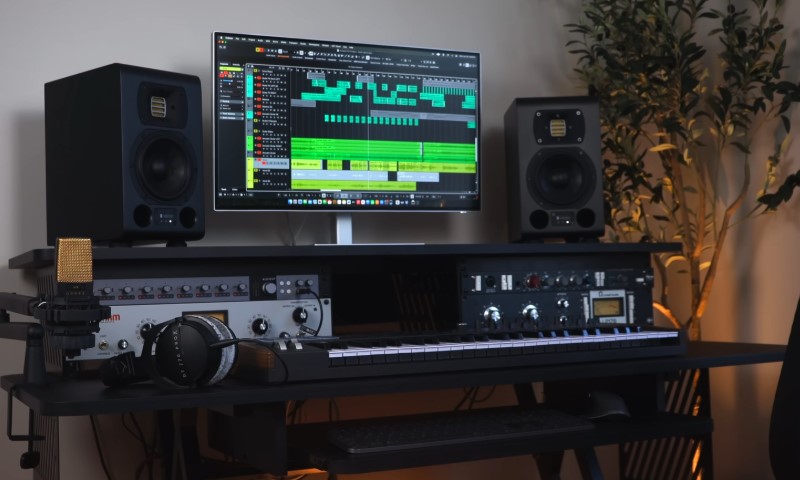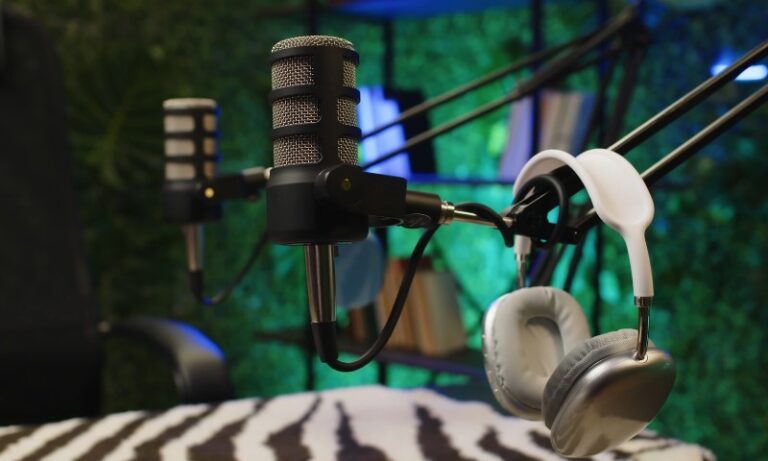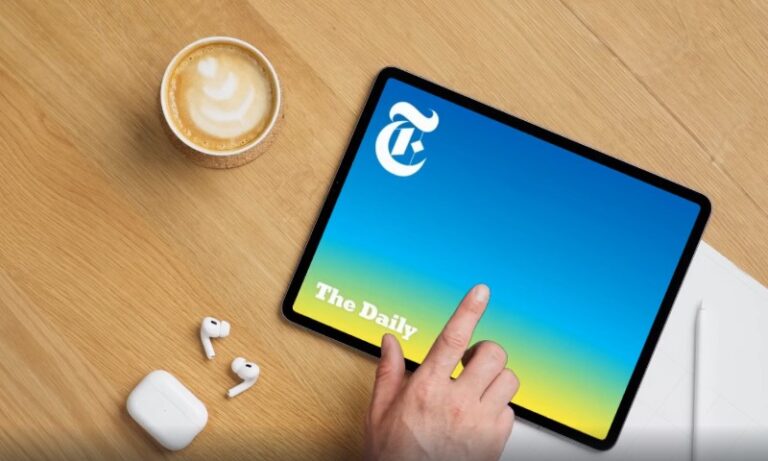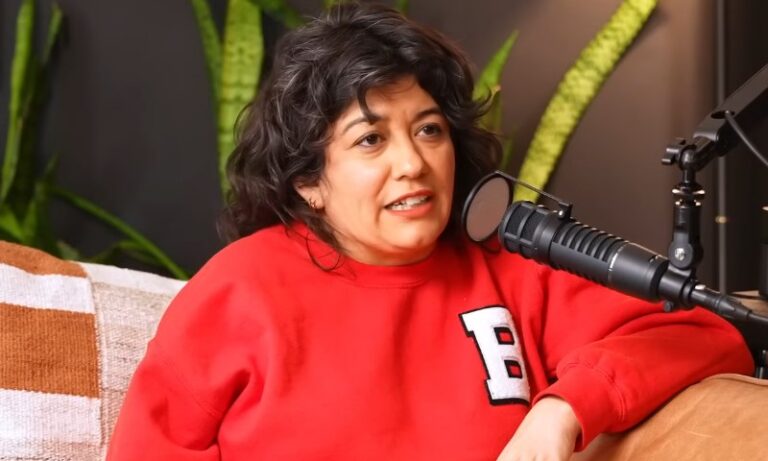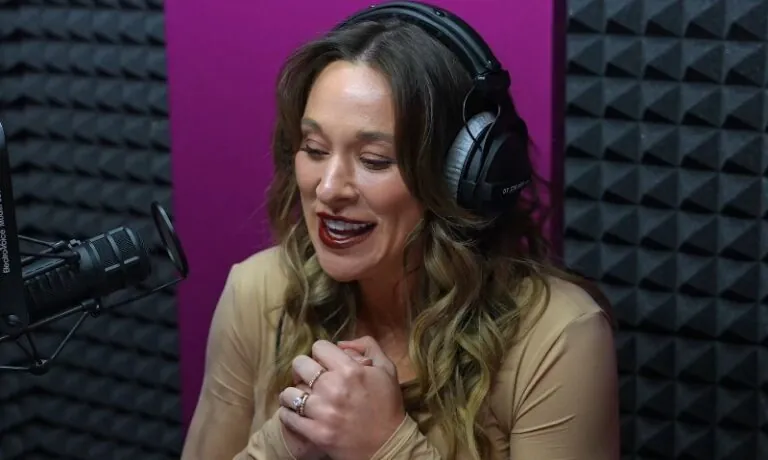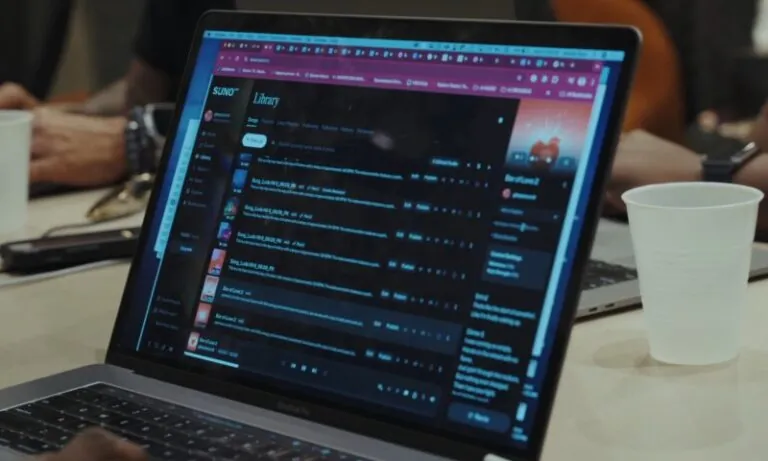If you want your music to reach listeners in 2025 as a bedroom producer, the most effective strategy is a three-layer approach:
- Short-form visibility (TikTok, Reels, Shorts, community clips),
- Consistent release cycles (singles every 4–6 weeks with proper metadata and niches),
- Relationship loops (producers, micro-curators, vocalists, playlist editors, Discord communities).
This combination works because it directly mirrors how fans discover and rediscover new artists today: short clips create the first spark, release cycles give them material to explore, and relationships keep your tracks moving through playlists, remixes, and niche subgenres.
Bedroom producers who follow this layered model consistently outperform those who focus only on posting beats or waiting for a “viral moment”. Viral moments rarely create careers, consistency and community do.
Table of Contents
Toggle1. Establish a Clear Micro-Niche (Not a “Brand”)
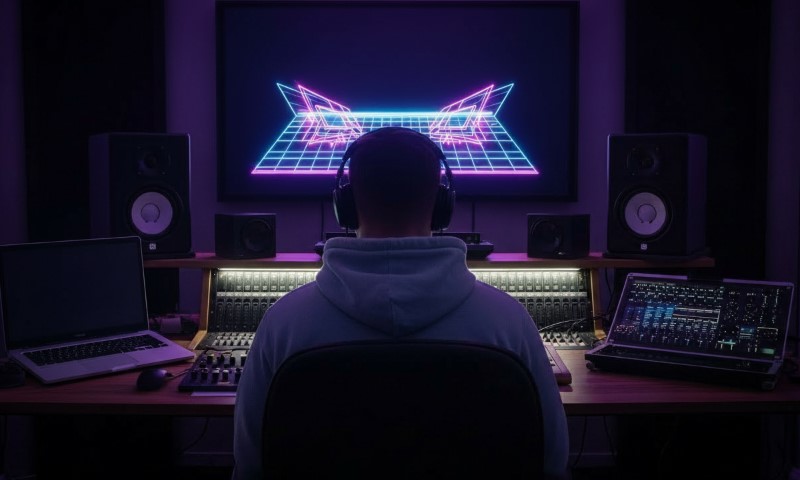
You don’t need a giant artist brand. You need a micro-identity that listeners can immediately understand.
The clarity comes from small repeated signals:
- consistent sound palette
- consistent visual style
- consistent story or intention
| Micro-Niche | Sound Description | Visual Identity | Why It Works |
|---|---|---|---|
| “Night-drive synthwave producer” | Analog synths, retro drums, reverb vocals | Neon lights, cars at night, cityscapes | The niche is highly playlist-friendly |
| “Lo-fi bedroom rapper with nostalgic samples” | Soft drums, vinyl textures | VHS textures, low saturation | Fits YouTube lofi channels, TikTok nostalgia trends |
| “Minimal house ‘producer-DJ hybrid'” | Clean percussion, bass-forward | Black & white, club silhouettes | DJs and curators prefer clarity |
| “Cinematic ambient storyteller” | Pads, strings, soundscapes | Nature visuals, minimal typography | Works on meditation and study playlists |
Clarity reduces friction; the listener knows what you are within two seconds.
2. Build a Zero-Cost Content System That Feeds Your Music
Short-form content is not optional anymore; it is the gateway to streaming.
But you don’t need to dance, talk, or be a comedian. Bedroom producers can grow using music-first content loops.
What works best for producers:
- Track previews (7–15 seconds)
- Project screen recordings
- Studio POV shots
- Breakdowns of how a sound was made
- “Before/After Mix” moments
- Reactions to other small producers’ tracks
- Mini remixes or flips of trending audio
The rule:
Make content that takes 15 minutes or less to produce.
If the content feels like a full project, you will quit.
3. Release More Frequently but With Purpose
Singles outperform albums for new producers.
The ideal release frequency: every 4–6 weeks.
This matches the algorithmic timeline that Spotify and Apple Music use to surface new artists to listeners.
| Element | Why It Matters |
|---|---|
| Short press blurb (100–150 words) | Used for playlists and blogs |
| High-quality cover art | First impression on streaming platforms |
| Canvas (Spotify 3–8 sec loop) | Improves skip rate, increases saves |
| Lyric or visualizer video | Extra discoverability on YouTube |
| Pre-save campaign | Boosts Day 1 algorithm activation |
| Metadata accuracy | Genre, sub-genre, and mood tags influence algorithmic playlists |
| Pitching to Spotify Editorial | Required for potential long-tail playlist exposure |
Many producers fail because they self-release without metadata and then wonder why the track disappears.
Metadata = discoverability.
4. Collaborations: The Bedroom Producer Cheat Code
Collaborations remain one of the strongest growth engines for any bedroom producer, mostly because they multiply your reach without increasing your workload. When you collaborate with a vocalist, rapper, producer, podcaster, engineer, or even a content creator who lives outside the music world, you gain access to the world they built before you arrived.
That might be a fanbase of 500, 5,000, or 50,000 people, but the size matters far less than the loyalty of the listeners behind it. A small but engaged audience can stream your track every week, turn it into TikTok sounds, and share it in Discord channels you never knew existed.
Working with others also forces your own sound to evolve. When someone else places their voice or their interpretation on your production, you hear your track in a completely new frame. You start noticing your strengths, your weaknesses, and your stylistic tendencies. Collaborations expand not only reach but also self-awareness, something every producer needs.
To collaborate effectively, simplicity is your best friend. Producers often overwhelm collaborators with full projects, dozens of stems, and long explanations. The healthiest process starts with a small idea: a chord loop, a hook melody, or a drum groove.
Once both sides show interest, you agree early on about the splits, responsibilities, and timeline. That clarity prevents most of the tension that kills otherwise great songs. You share the load , one person handles visuals, another handles posting, another handles a short behind-the-scenes clip. Your “network” ends up being far more powerful than your plugin library.
5. Build a Long-Term Fan Loop, Not Just Viral Clips

Viral moments feel huge, but they evaporate fast unless there’s a system behind them. A real fan loop takes a curious listener from one platform to another in a smooth, logical chain: they see a clip on TikTok, tap through to your profile, hit the streaming link for the full track, jump into your Instagram because they want more personality, and eventually join your Discord or mailing list when they want to keep up with releases or sample packs. That loop is the engine that converts random attention into long-term listeners.
Most bedroom producers focus too much on the first step , the TikTok clip , and forget that fans need a path to follow afterward. The easiest way to create that path is to set up a single, simple hub where all links live. It can be a Linktree-style page or your own website, and it should feel consistent with your identity.
From there, you pick one place where you respond to comments , maybe Instagram, maybe TikTok, maybe Discord. What matters is that your presence feels predictable and human.
In truth, you don’t need thousands of fans to survive the modern ecosystem. One hundred real supporters who listen weekly, share your releases, and talk about your sound are more valuable than ten thousand passive scrollers.
Every marketing decision should be made with those hundred people in mind , what helps them follow you more easily, what keeps them excited, what makes them feel part of your momentum.
6. Understand Listener Psychology
One mistake almost every producer makes early on is projecting their own mindset onto the listener. Producers care about the DAW choice, EQ cuts, compressor settings, sample packs, and mixing chains. Listeners do not. They care about emotion, identity, and whether the track fits a moment in their day. They want something that matches a mood , something to study to, drive to, cry to, or zone out to.
This is why your marketing must communicate feeling, not technique. A chill, nostalgic beat performs far better when paired with a quiet night-time street clip than with a screen recording of your DAW. A high-energy hyperpop track hits harder when the visual language matches its chaos , bright colors, quick cuts, glitch aesthetics. People listen with their eyes before they listen with their ears. If you want to understand real music discovery, study how people use sound in their lives.
This is also the point where Social Media Marketing becomes practical instead of buzzword-heavy. It’s not about algorithms or “hacking” trends , it’s about understanding that every listener finds your track inside a visual moment. When your visuals match the emotional story of the music, the platform does the rest for you.
7. Playlist Strategy That Actually Works (Without Paying for Fake Ones)

Most bedroom producers believe playlists will “make” their song. In reality, playlists sustain momentum; they don’t create it.
The playlist strategy that works:
Tier 1 – Micro-Curators (under 5k followers)
These are the easiest to reach and the most willing to add new music.
Tier 2 – Algorithmic Playlists (Spotify Radio, Release Radar, On Repeat)
Triggered by:
- skip rate under 40 percent
- save rate over 10 percent
- consistent releases
- listener retention
Tier 3 – Third-party channels (Lofi Girl, Trap Nation, Chillhop)
Hard to access, but possible with:
- consistent quality
- proper mood-tagged submissions
- a catalog that shows commitment
Table: Realistic Impact of Each Playlist Type
| Playlist Type | Followers | Traffic Quality | Expected Stream Boost |
|---|---|---|---|
| Micro-curator | 1k–5k | High retention | +300 to +1,500 streams |
| Medium curator | 5k–50k | Medium | +1,000 to +10,000 streams |
| Algorithmic (Spotify Radio) | algorithmic | Very high | +5,000 to +50,000 streams |
| Editorial playlist | large | Extremely high | +20,000 to +200,000 streams |
The real power comes from algorithmic playlists, not from giant curated ones.
8. Data Is Your Best Friend
Streaming platforms give you more information than artists ever had in previous generations. Spotify for Artists, YouTube Analytics, and SoundCloud Insights show you exactly what listeners do , where they skip, where they stay, which tracks they save, and how long-term fans behave differently from casual ones. Instead of guessing what people like, you can follow the evidence.
The most important analytics are save rate, skip rate, repeat listeners, and geographic clusters. If your save rate is strong, the emotional connection is working. If your skip rate is high, the intro might be too long, the mix is distracting, or the clip that brought listeners in didn’t match the full track’s vibe. Repeat listeners indicate a strong catalog, not just a strong single.
Geographic concentration shows you where to target collaborations or future ads. Every piece of data points toward a clearer future strategy.
| Metric | Real Meaning |
|---|---|
| High skip rate | The intro or mix is losing people; the clip they came from didn’t match the track |
| High save rate | Strong emotional connection; strong playlist potential |
| High repeat listener count | You have a real fanbase forming; time to release more often |
| Sudden spikes in listeners | Playlist placement or external share; capitalize with content |
| Geo concentration | Ideal for targeting ads or collabs specific to that region |
Producers who look at data weekly grow faster than those who only rely on intuition.
9. Paid Ads: When They Matter and When They Don’t
Paid ads can be incredibly useful , but only when placed on top of a foundation that’s already working. If you don’t have a niche, a visual identity, or a consistent posting rhythm, ads won’t fix that. They amplify what exists; they don’t manufacture demand from thin air.
The only ad type that repeatedly performs for bedroom producers is the short-form video ad, especially on Instagram Reels. When you take the strongest 7–12 seconds of your hook and pair it with your established visual identity, the platform shows it to people who already enjoy similar sounds. It’s a boost, not a lifeline.
Generic banner ads like “Stream my new single!” almost never work. They feel impersonal, and they fail to communicate emotion, the only thing listeners respond to. Use ads sparingly and only when the track is already proving itself with organic engagement.
10. Build a Catalog, Not Just Individual Tracks
A single viral hit can change a moment. A catalog changes a career. Streaming platforms reward artists who show consistency, variation, and growth across multiple releases. The more tracks you publish, the more opportunities the algorithm has to test your songs, push them into radio stations, or resurface them in long-tail playlists months after release.
Once you have around 12 to 20 tracks, several things begin happening naturally. Your monthly listener count stabilizes. Your algorithmic placement becomes more consistent. Playlist conversions improve. New fans discover not just one song, they discover a world. And because every release links back to the others, each track becomes an entry point into your identity.
Producers who release consistently, even if each track isn’t perfect, build loyal, long-term listenership. The industry favors momentum far more than perfection.
Related Posts:
- Why Most Podcasts Struggle with Marketing - And How…
- How to Go Viral on YouTube - Tips That Actually Work
- Top 18 Must-Listen Podcasts Available on Amazon Music
- How to Cancel Amazon Music Subscription on iPhone,…
- Music Production Tips Every Beginner Should Know (No…
- 10 Most Popular Celebrities from the Philippines:…


